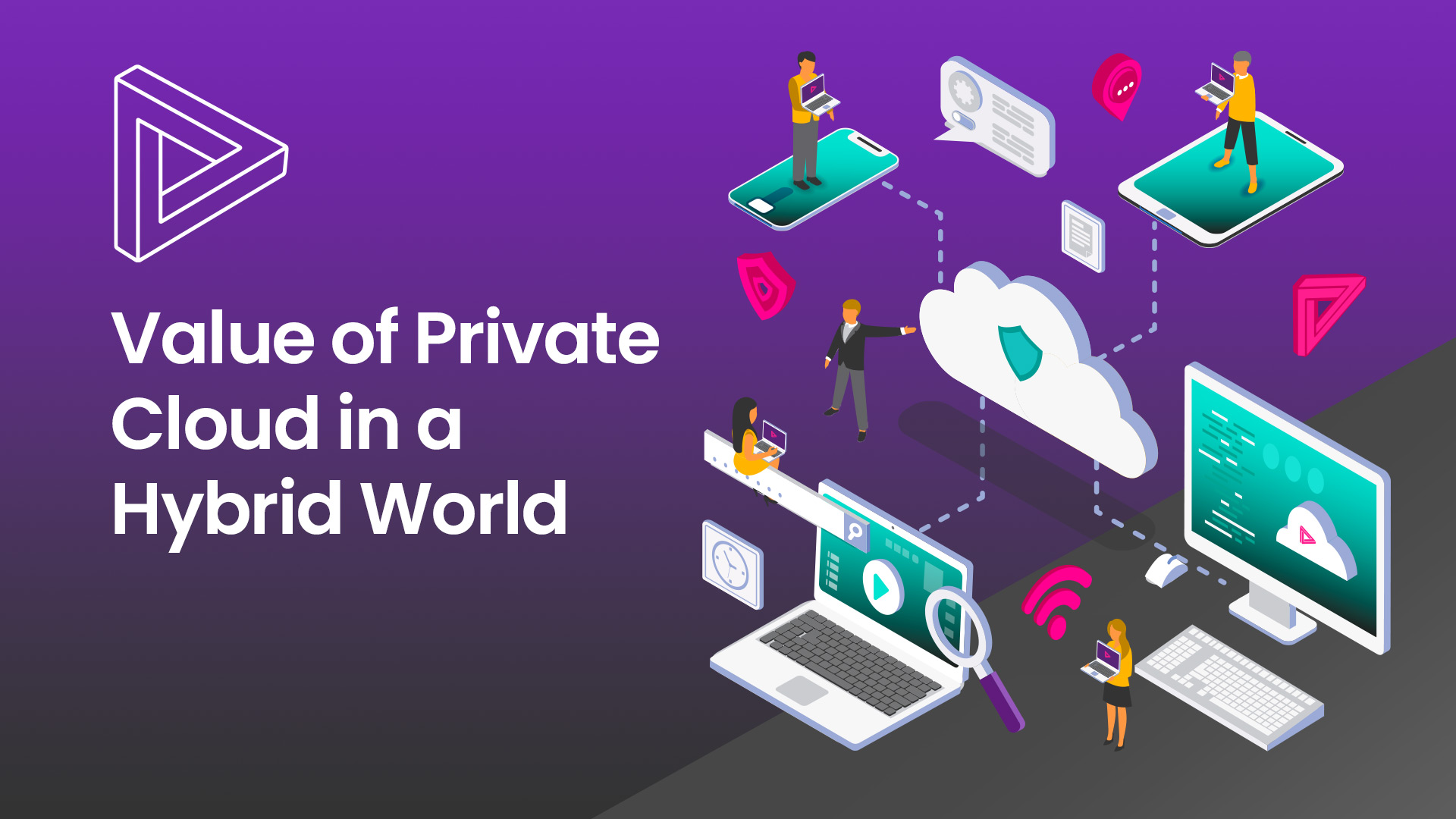The cloud has evolved over the last few years, however, with less than 5% of the global IT spend in 2021 being in the cloud, it’s evident that we’re still in the early stages of cloud adoption.
89% of all organisations reported in the Flexera 2022 State of Cloud Report are utilising multi-cloud, and of that 89%, 80% are invested in hybrid cloud. This shows that they want to take advantage of the services that public cloud offers, but it can’t satisfy all their application and business requirements.
Hybrid Cloud Strategies
Driven by fitness for purpose, 48% of organisations utilise multiple public and multiple private clouds. Organisations will use certain public clouds for certain functions because they believe they are best of breed, and it gives them options.
Top Three Public Cloud Challenges
These are some of the challenges faced by organisations as they move to the public cloud.
- Security: Everybody is concerned about security. This requires specialists to ensure that security within the public cloud is as good as or better than the largest enterprise environments.
- Lack of resources and expertise: As the organisation goes into public cloud, specialists become critically vital because they need to be familiar with a range of capabilities within the public cloud whether that is computer networking or security automation. Generally, within the private cloud those areas are taken care of by your provider.
- Managing cloud spend: The public cloud offers innovation, and flexibility, but not necessarily cost savings.
Why Private Cloud?
Private cloud can offer the same benefits as public cloud without having to undertake a time-consuming or expensive application transformation from on-premise infrastructure. There may also be other constraints or dependencies on ageing systems, such as mainframes, which would need to be migrated with the applications being transformed. These systems can be physically lifted and shifted into the private cloud data centre as co-location (Colo). This is not something that is widely available with public cloud.
Private cloud allows for greater flexibility than public cloud as the solution deployed in public cloud can only be in alignment with the marketplace offered by that public cloud provider, private cloud will offer services but these can be customised to suit your requirements.
Private clouds are often based upon VMware hypervisor technology, so whether you wish to have the private cloud as managed or unmanaged then the technology should be familiar, which helps with the staff training (as no training may be required as familiar technology). This will also help with the security elements too as this technology will be familiar to all too.
Private cloud is often more resilient compared to on-premise infrastructure but comparable to public cloud.
Private cloud is more scalable than on-premise infrastructure, allowing rapid deployment of additional resources as required as well as the ability to easily reduce resources allocated too.
Private cloud commercial model is OPEX and there are no surprises on the monthly billing. The private cloud resources are often charged at a flat rate rather than a variable rate as found in many public clouds. Private cloud is ideal for those who are trying to get away from a CAPEX commercial model and move to consumption-based model.
Private, Public and Hybrid Cloud
Digital Space offer the following as part of our cloud portfolio:
- Managed and unmanaged public cloud – AWS, Azure and IBM Cloud
- Managed and unmanaged private cloud – Digital Space’s Virtual Data Centre (VDC) and IBM i
- Managed and unmanaged dedicated compute in private cloud – Power and x86 architecture
- Managed SAP workload (high CPU/RAM) in private cloud – Digital Space’s Virtual Data Centre (VDC)
- Co-location (Colo)
- Cloud Management Portal
The Digital Space Cloud Management Portal (CMP) is a single ingress point into a customer’s entire cloud estate and it provides self-service for all phases and stakeholders. It provisions complete orchestration, deployment, monitoring, reporting, and fin-ops around their cloud estates. Our customers outlined their challenges and requirements, and the CMP was developed to meet those needs.
Interested?
To find out more, speak to our experts for bespoke advice on your organisation’s digital transformation to the cloud.







